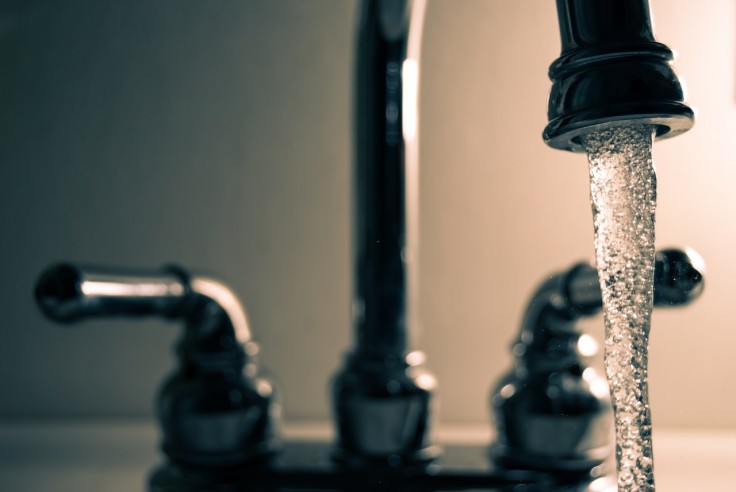
Every home needs a water heater, which is the heart of your home's water supply. You can always have hot water on hand since it stores water at a temperature that is always ready for use. With the help of a water heater, you can always have hot water on hand for bathing, dishwashing, and other uses.
Bathrooms or hot tubs, boosters for equipment like dishwashers or clothes washers, and solar water heating systems are a few examples of where water heaters are used.
You should think about your regular hot water usage, the fuel type, energy efficiency, installation costs, and operational costs before purchasing a demand water heater.
We have compiled the things you need to know about tank and tankless water heater to help you decide which one is better for your lifestyle (cia CNET, Forbes, Energy.gov).
What You Need to Know About Storage Tank Water Heater
About 90% of American households still have storage tank water heaters. The typical water tank capacity of a tank water heater is between 40 and 120 gallons.
Hot water is discharged from the top of the tank when the hot water tap is opened. In order to ensure that hot water is constantly accessible, cold water is then added until the tank is full.
Tank water heaters typically run on electricity or natural gas.
Advantages of Tank Water Heater
It has a cheaper up-front fee than a tankless water heater system.
If you need large amounts of water on a regular basis, choosing a tank water heater is preferable.
Tank water heaters are simple to operate.
Such technology is cheaper to repair than tankless water heaters.
Disadvantages of Tank Water Heater
You must have enough room to put the tank because it needs one to store water.
It usually has a lower lifespan than its tankless counterparts. Storage water heaters last 10-15 years.
Since it is heating water constantly, homeowners should expect to have higher utility bills than its tankless counterpart.
What You Need to Know About Tankless Water Heater
With a tankless water heater, water is only heated as needed. Therefore, you are not required to wait for a storage tank to fully fill up with hot water. The flow rate is however limited by a tankless water heater's output. Two to five liters of water are heated every minute on average using such technology.
A tankless water heater, also known as an instantaneous or on-demand water heater, uses powerful burners to heat water quickly. It is more efficient than storage tank water heaters in part because there is no standby heat loss.
Advantages of Tankless Water Heater
Unlike the conventional storage tank water heater, the tankless counter uses considerable small space.
It has lower operating and energy cost as it only heats water when needed.
It can heat water fast thanks to its powerful burners.
It has a longer lifespan than the conventional storage tank water heater. In most cases, tankless water heaters have a lifespan of over 20 years.
Disadvantages of Tankless Water Heater
It is quite expensive to install, thus you must pay a higher upfront fee.
One drawback of a tankless water heater is that it can't handle multiple hot water taps flowing at once because it doesn't store hot water.
Tankless water heater requires more complex maintenance and repairs.
Related Article : Here's Why You Should Have To Service Your HVAC System Every Year









